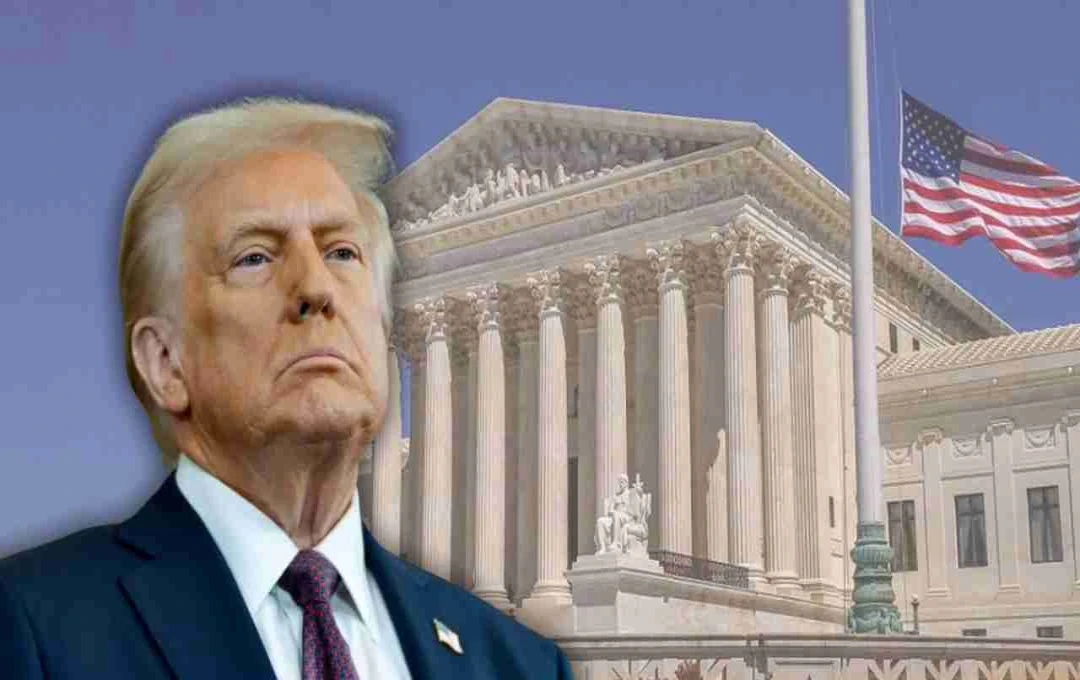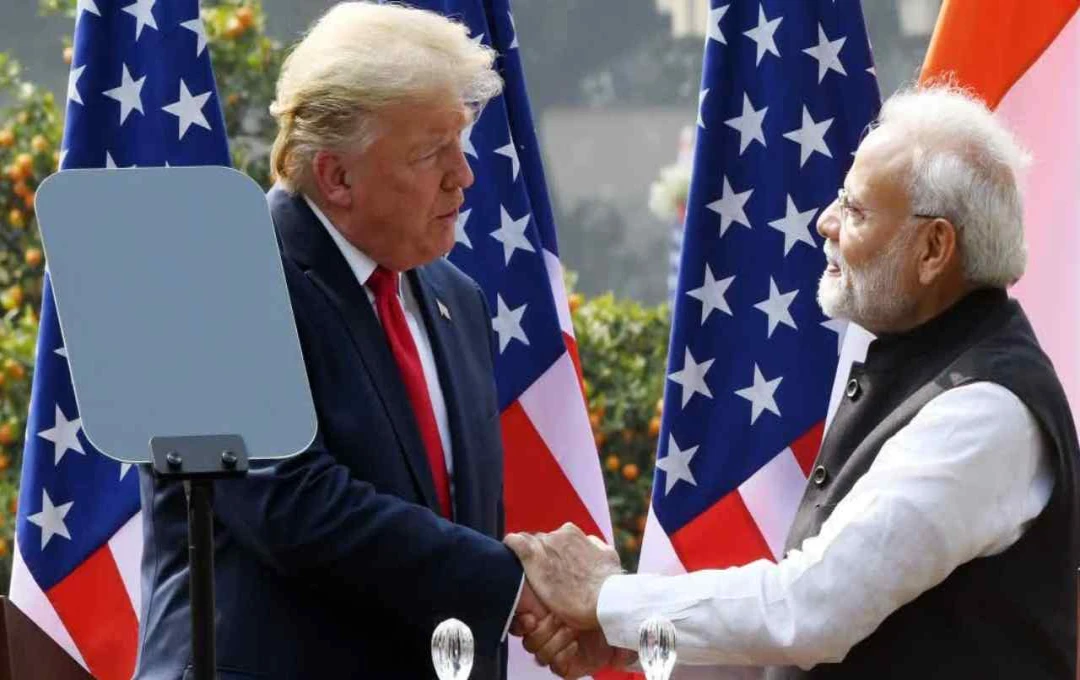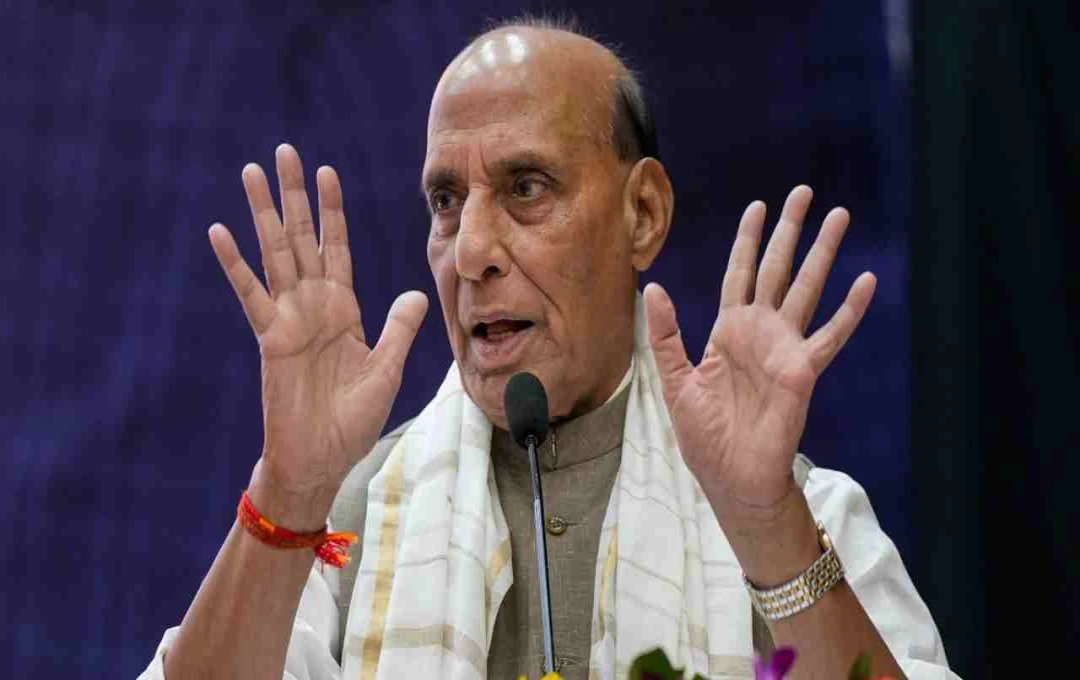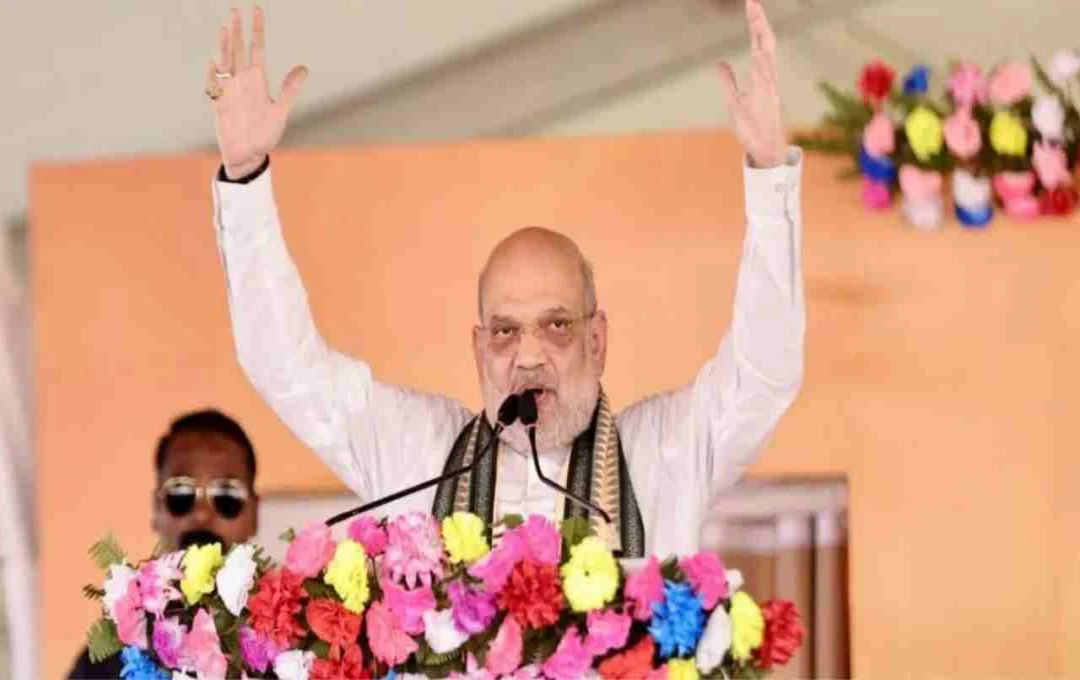Trump's Tariff Policy Under Dispute in US Court. Judges Question Validity of Tariffs Under IEEPA Law. Decision Expected Soon.
America: A dispute has once again erupted in the United States regarding Donald Trump's trade policies. Tariffs imposed by Trump on several countries during his tenure are now under judicial scrutiny. The Federal Court of Appeals in Washington D.C. has raised serious questions about the validity of Trump's tariff policy. During a hearing on Thursday, a panel of three judges questioned how Trump obtained the authority to impose tariffs under the International Emergency Economic Powers Act (IEEPA). The court is reviewing whether imposing tariffs falls within the scope of the IEEPA.
Five Businesses and 12 States Challenge in Court
The case reached the court based on petitions filed by five small American businesses and 12 Democratic Party-led states. The petitioners argue that Trump violated the provision of the Constitution by imposing tariffs, which grants the power to levy taxes and duties solely to Congress. The petitioners also argue that the IEEPA law cannot be used to impose such tariffs because its original concept is entirely different.
What is the IEEPA Law and What Was Its Purpose?
IEEPA, or the International Emergency Economic Powers Act, is a special law enacted in the United States in 1977. Its original purpose was to empower the President to impose economic sanctions in situations of foreign enemies or national emergencies. For example, seizing the assets of enemy countries, halting trade transactions with them, etc., are possible under this law. However, the law does not explicitly address tariffs, i.e., trade duties.
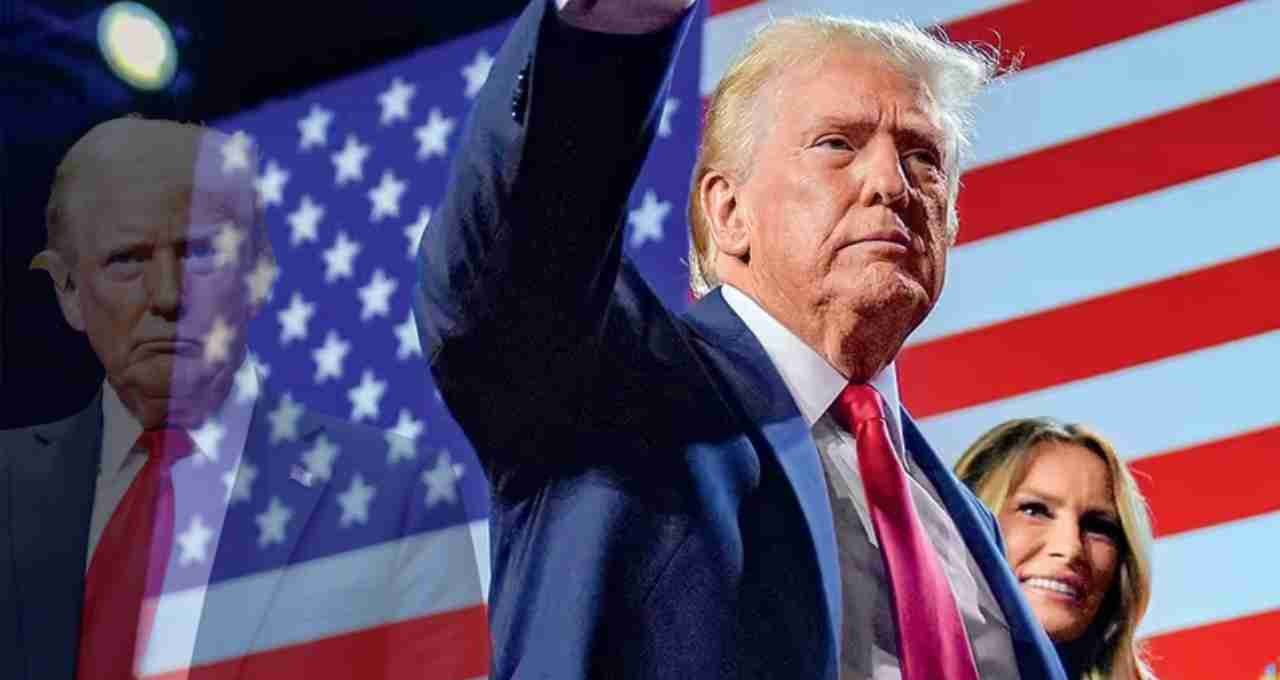
Trump First Used IEEPA to Impose Tariffs
Donald Trump is the first US President to use the IEEPA law to impose tariffs on imported goods. During his tenure, Trump imposed "Reciprocal Tariffs" on China, Canada, Mexico, and other trading partners, arguing that the US had to pay unfair rates of tariffs on goods coming from abroad, while US goods were given less priority there.
Judges Raised Serious Questions
During the court hearing, the judges asked sharp questions to the government's lawyer, Brett Shumate. One judge stated explicitly that "the word tariff is nowhere mentioned in the IEEPA." Shumate argued that the President has special powers in a crisis and can decide to control imports. He also said that if the President wants, he can completely ban the import of an item, and this right is even more effective than imposing tariffs.
Violation of the Constitution or Exercise of Emergency Powers?
The arguments presented by the government stated that the President has the right to determine import policy in view of national security. On the other hand, the petitioners said that this is a violation of the Constitution, as the right to tax and duty is clearly given to Congress in Article-1 of the Constitution. In such a situation, unilaterally imposing tariffs by the President is not only illegal but also contrary to the democratic process.
Trump's 'America First' Policy Back in Discussion
During his tenure, Donald Trump tried to redefine international trade under the 'America First' policy. He waged a trade war with China, made new trade agreements with Mexico and Canada, and criticized global institutions such as the WTO. But now the validity of those policies is under question in court.
